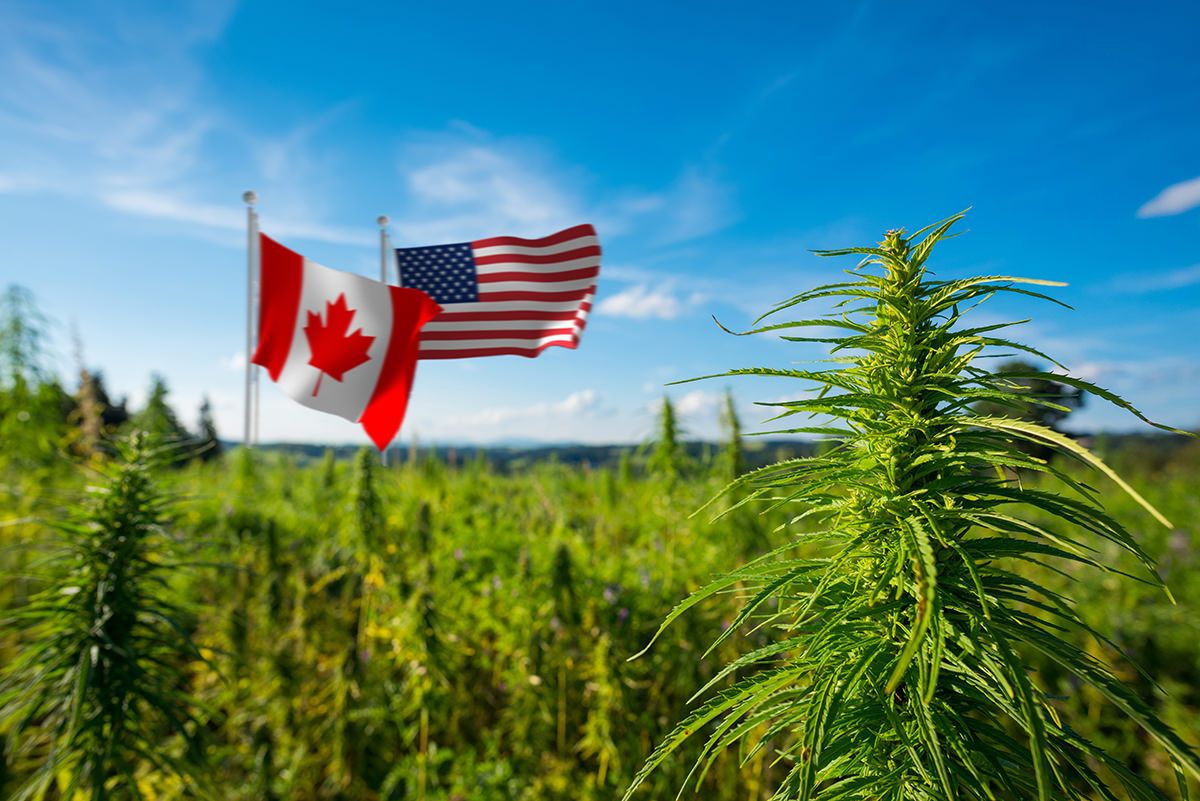A likely yearslong delay in the launch of West Virginia’s medical marijuana program reflects the uncertainties cannabis entrepreneurs face when vying to enter certain conservative states.
State officials blame the holdup on a struggle to provide banking services for the program.
But the advocacy group Marijuana Policy Project recently noted that a leading federal prosecutor in the state “has exacerbated the problem by threatening to prosecute businesses that enter the medical cannabis space.”
Consider the following:
- The delay could eventually make West Virginia, which passed medical cannabis legislation in April 2017, the slowest state in the country to allow MMJ companies to open for business.
- The state also has limited business licenses and banned smokable flower and edibles – the leading sales drivers in other markets.
- According to the Marijuana Business Factbook, the restrictions “will likely keep patient counts from reaching their full potential.”
Interest remains solid
Nevertheless, business opportunities exist and West Virginia has attracted plenty of interest for the licenses that eventually will be up for grabs.
Chicago cannabis consultant Michael Mayes said his firm, Quantum 9, worked with two West Virginia clients on investor presentations and business plans, including pro formas that contain projected financial statements and, often, “what-if” scenarios.
While it’s unclear what will happen now to those efforts, Mayes said his firm steers clients away from making big financial commitments before a market’s licensing process gets underway.
“We always advise our clients to avoid recurring expenses (i.e., government relations, rent, consulting fees),” Mayes wrote in an email to Marijuana Business Daily.
“These month-over-month costs could sink a great company before they start.”
Time to prepare
Florida cannabis attorney Sally Peebles, who examined West Virginia for a presentation on MMJ markets at the recent MJBizConNEXT in New Orleans, said potential applicants can use the delays to prepare for what she expects to be an “incredibly competitive licensing round.”
“While it is unfortunate that the program is facing further delays,” Peebles wrote in a recent email, “potential applicants can certainly choose to use this extra time wisely.”
Peebles said potential applicants can:
- Put together their teams.
- Nail down real estate locations.
- Learn what they can from successful cannabis industry operators elsewhere.
“With only a limited number of licenses available, we can expect this process to be incredibly competitive, so preparation and education is key,” Peebles wrote.
West Virginia legislation passed in May calls for:
- Up to 10 growers, with each able to have two locations.
- Up to 10 processors.
- Up to 100 dispensaries. An individual isn’t permitted to hold more than 10 permits.
Before a permit is issued, the applicant must get written approval from the board of health in the county where the business is going to be located.
State blames banking for delay
West Virginia officials estimate medical cannabis sales are two to three years away from launching.
They said that is primarily because state-legal marijuana companies have difficulty obtaining banking services since many banks and credit unions fear punishment by federal financial regulators if they did so.
West Virginia lawmakers passed legislation earlier this year to try to fix the problem.
The legislation, HB 2538, acknowledged that the implementation of the state’s MMJ program was being delayed by the “inability to provide banking services needed to collect and remit the fees, penalties and taxes authorized” by the MMJ program.
But according to Matt Simon of the Marijuana Policy Project, a contributing factor has been a “particularly aggressive” U.S. attorney “who created a situation where no banks were willing to risk dealing with any aspect of the industry or the state’s program.”
Simon, an MPP legislative analyst, noted that the U.S. attorney in West Virginia’s Southern District, Mike Stuart, hosted an anti-reform symposium in late 2018, wrote an anti-legalization op-ed earlier this year and has expressed hard-line marijuana enforcement views in tweets.
The state banking legislation included language to protect financial institutions that serve legal cannabis businesses and authorized the state treasurer to take bids from institutions interested in providing banking services to the MMJ industry.
But that process also has proved slow.
State Treasurer John Perdue issued a request for a cannabis banking vendor in March but reissued the request in June after saying that none of the applicants had met all the requirements.
The deadline for submissions was July 31.
Allison Adler, director of communications for the West Virginia health department, which oversees the MMJ program, told MJBizDaily the cannabis banking proposals will take time to evaluate and implement.
She noted there’s a number of additional steps that must take place before the MMJ market launches, including rulemaking, licensing and patient/doctor registration.
While the current issue with West Virginia is primarily banking, Peebles wrote that businesses can expect further delays because of the state’s decision to limit the number of licenses.
West Virginia, Peebles wrote, “would be wise to take note of what has recently unfolded in other southern states like Florida and Arkansas, where limiting licenses and creating a merit-based application process has placed the regulators in the unfortunate position of being the primary target for litigation.”
Karen O’Keefe, MPP’s director of state policies, noted that “it’s been clear for some time that implementation was moving painfully slowly in West Virginia.”
Most states launch their medical cannabis programs within two to three years after laws are enacted, although it took Rhode Island nearly four years, according to implementation timelines compiled by MPP.
Before it’s done, O’Keefe said, “West Virginia may become the slowest state to implement.”
Jeff Smith can be reached at jeffs@mjbizdaily.com





